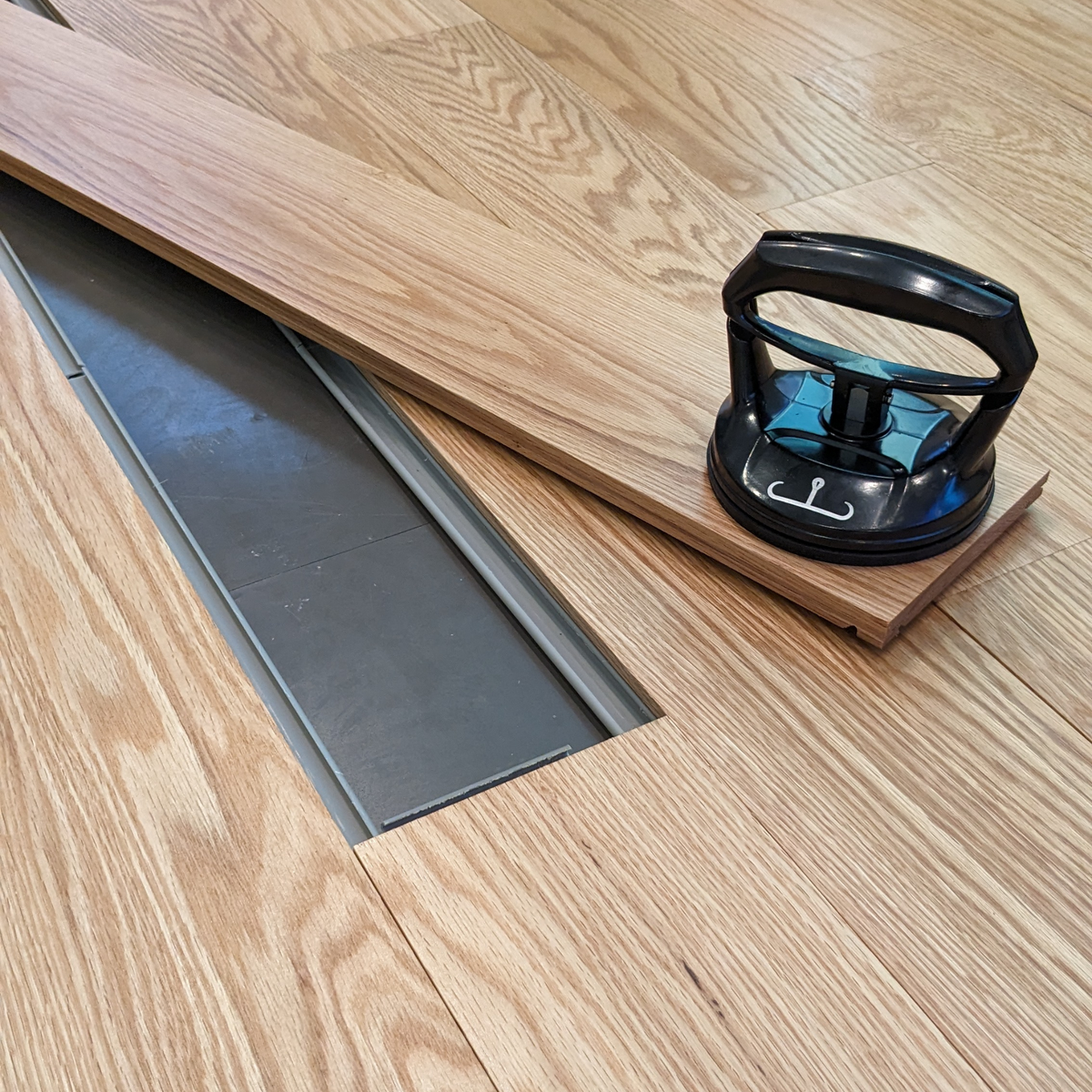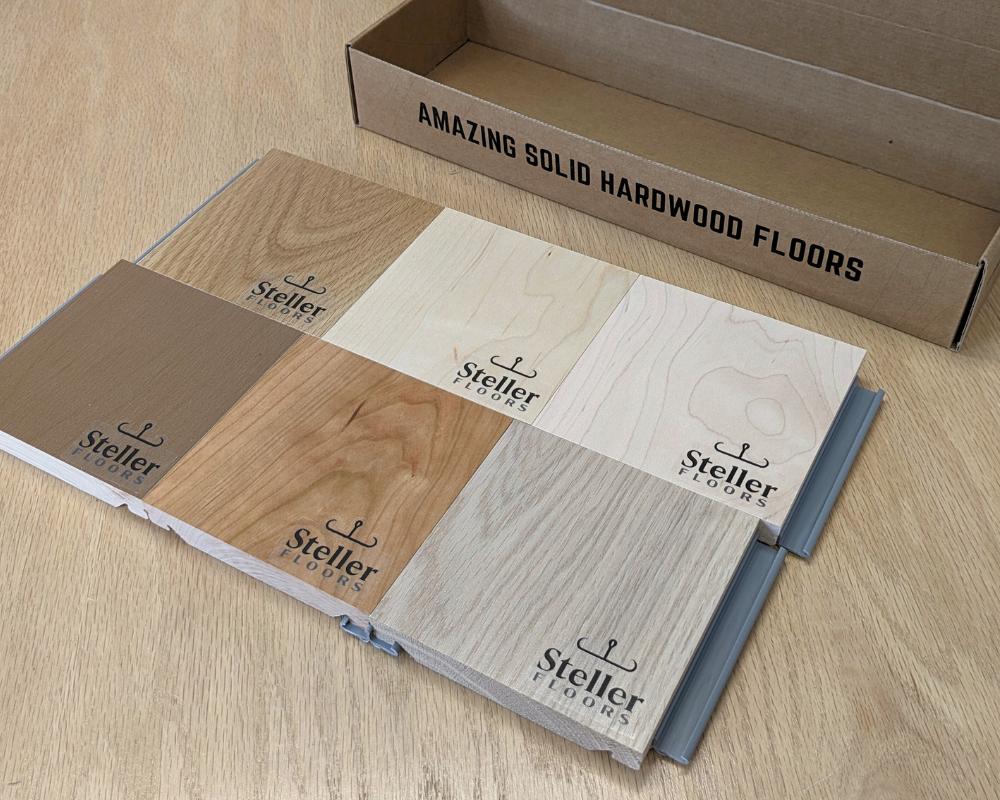In recent years, "reclaimed" has become a buzzword in flooring. From rustic barnwood to salvaged timber, consumers increasingly seek materials with stories and sustainable credentials. Yet behind this eco-friendly façade lies an uncomfortable truth: many reclaimed flooring products are never intended for prolonged indoor use. Barnwood, for instance, often cracks, warps, and exposes homeowners to unforeseen challenges—from pests to lingering contaminants.
These hidden problems inspired a different approach—one grounded not just in aesthetic appeal, but in rigorous ecological thinking. Before becoming a co-founder at Steller Floors, Britta Teller, PhD, an ecologist specializing in plant responses to climate change, had spent years immersed in environmental research, understanding ecosystems and observing firsthand how changing climates impacted forests and plant communities. During her academic career, Teller was deeply aware of the research unfolding around global carbon cycling and the critical role forests played in combating climate change. But it was her own work studying plant resilience—how living organisms respond and adapt to environmental pressures—that shaped her unique perspective on sustainability.
When Evan, Britta's husband, invented a new flooring system, they asked themselves: If we are going to make this product ourselves, why make floors destined to become waste? Could they design solid hardwood floors that were explicitly built to be reclaimed and reused, preserving their ecological and economic value?
Their vision culminated in the creation of Steller Floors, a hardwood flooring system designed from day one to embody the principles of the circular economy: eliminating waste, extending product lifespans, and regenerating natural resources. Unlike traditional flooring—glued, nailed, and damaged upon removal—Steller Floors introduced a patented technology that allows planks to securely interlock, yet easily unlock without damage.
The system works elegantly in practice. Once installed, the solid hardwood planks remain stable underfoot for decades without adhesives or nails. Homeowners can later unlock and lift each plank individually, allowing the floor to move, be refinished, or re-installed elsewhere without structural compromise. This preserves the plank's embodied carbon—the carbon absorbed by trees during growth and held intact within wood products—far beyond a single use.
Each plank's durability and reuse-ability mean that each plank can be deployed (and redeployed) throughout its long lifecycle - potentially with many owners. Fewer trees would be harvested, reduced emissions from manufacturing and transport, and significantly less landfill waste. Yet the circularity doesn't end there. Steller Floors envisions the entire life cycle of each plank, including what happens when it ultimately reaches the end of its reuse cycles. At that point, rather than sending the materials to a landfill, Steller Floors advocates turning spent planks into biochar—a stable, carbon-rich material produced by heating organic material in low-oxygen environments. Biochar permanently locks away carbon and regenerates soil, providing a meaningful end-of-life solution that enriches rather than depletes ecosystems.
Looking forward, Steller Floors is curious to develop a digital tracking technology, embedding tracking codes into each flooring order or plank. This innovative plank-tracking roadmap will enable users to document installation history, ownership changes, and maintenance events—creating transparency, boosting resale value, and building a complete circular record. This technology promises to make the ecological impact of every reclaimed plank fully visible, measurable, and meaningful to consumers and businesses alike.
Ultimately, this approach reframes what it means for hardwood flooring to be "reclaimed." Rather than settling for aesthetic marketing or temporary reuse, this science-based vision ensures flooring materials remain assets throughout their multiple lifetimes, serving both owners and the environment.
This is circularity built from the ground up—not as an afterthought, but as a guiding principle. With each reclaimed plank, Steller Floors helps shift the flooring industry toward genuine sustainability, driven by ecological insight, engineering innovation, and the understanding that good design can sustain both human comfort and environmental integrity for generations.




0 comments